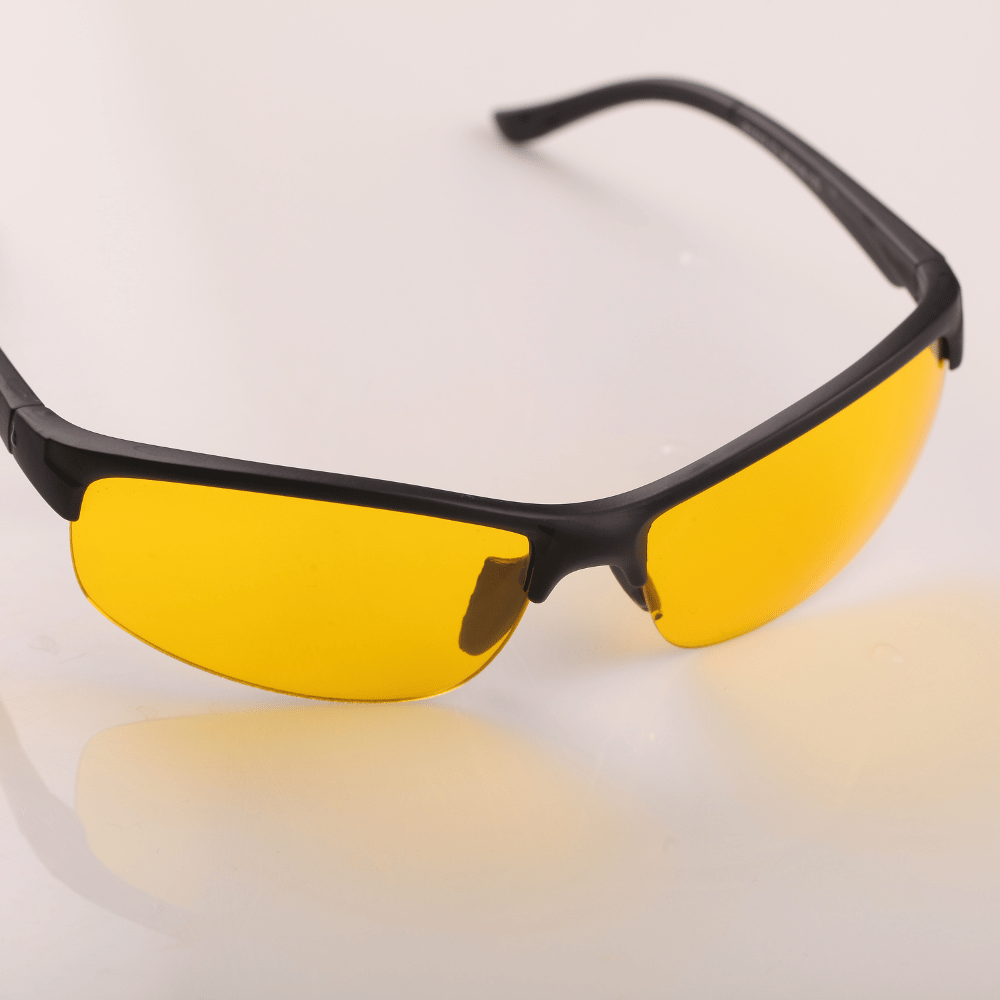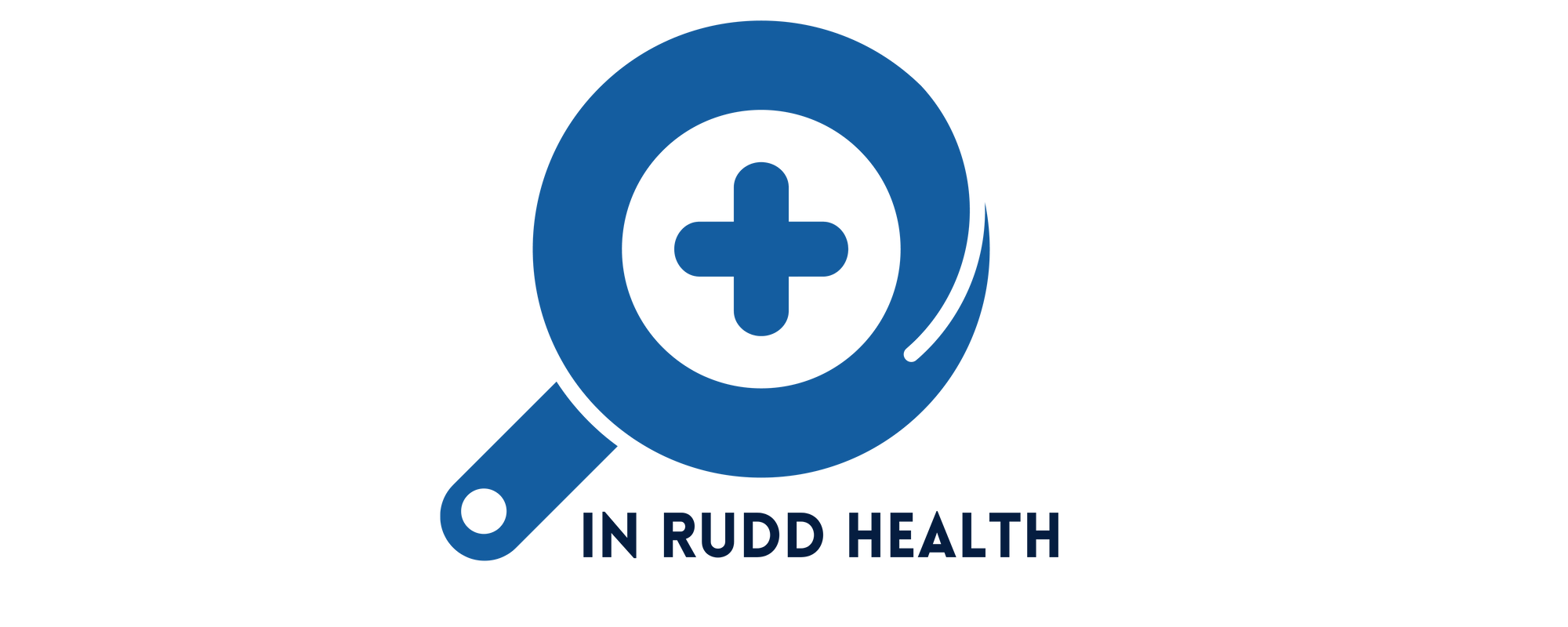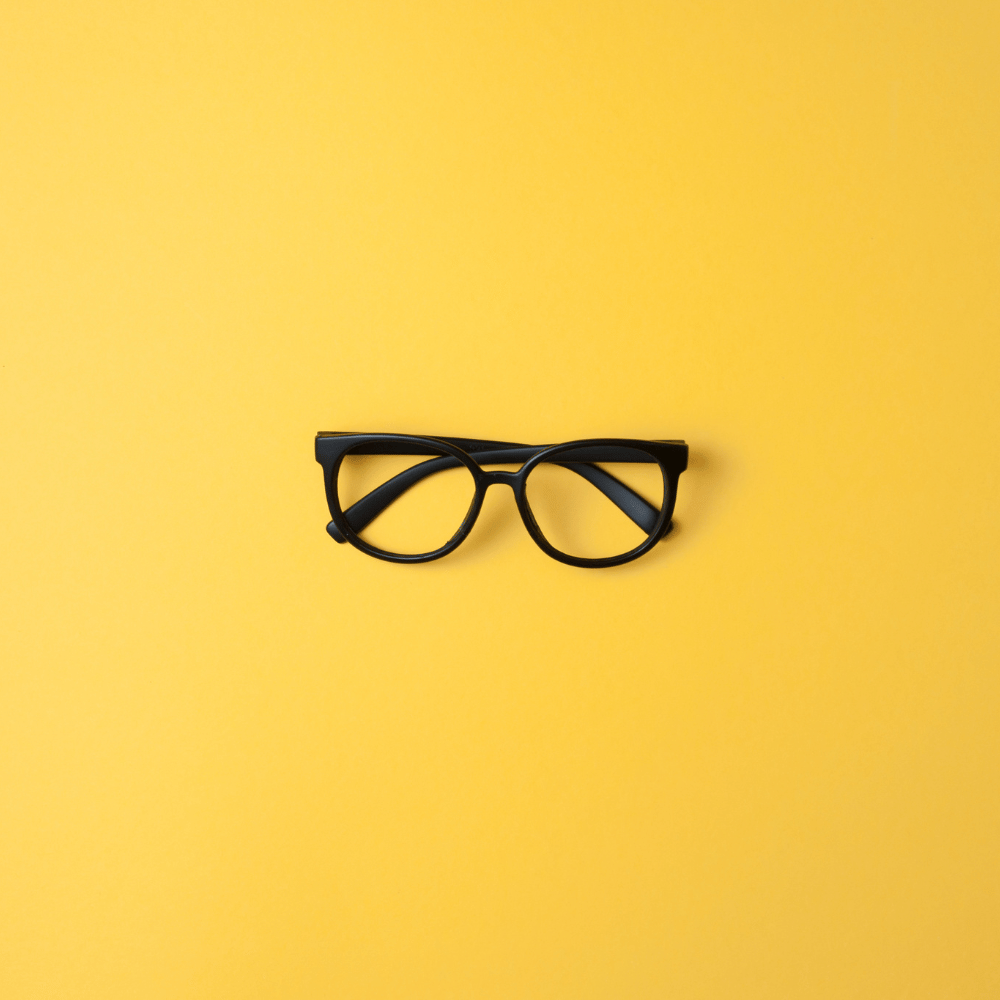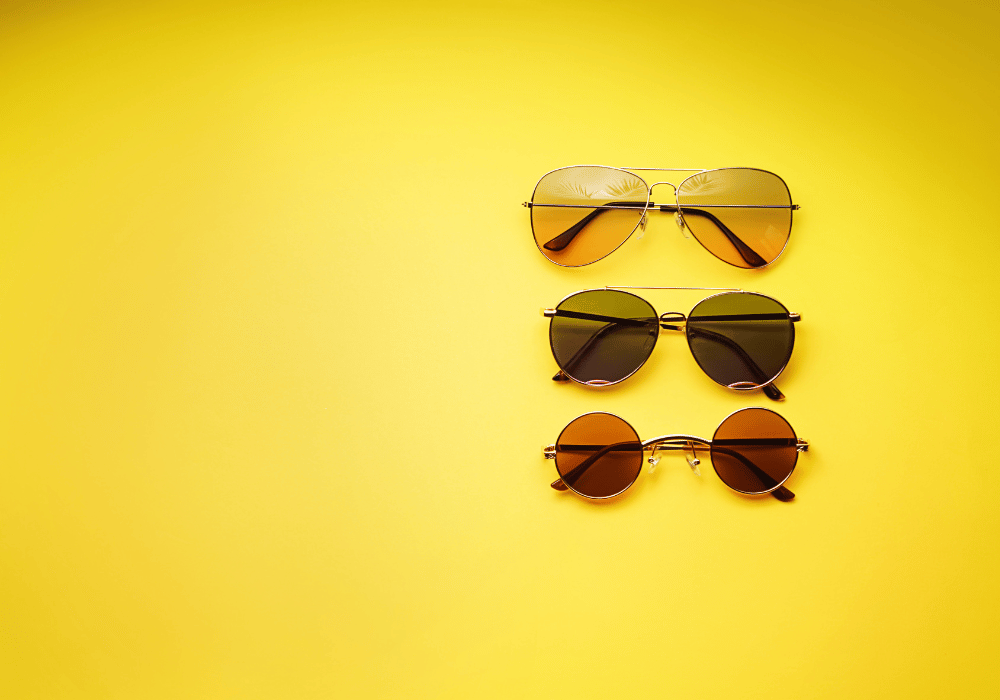I began wearing yellow glasses indoors to reduce exposure to artificial blue light emitted from digital screens. It's been scientifically established that blue light can interfere with our circadian rhythm, potentially leading to sleep disturbances. As someone who spends a significant part of the day staring at a computer screen, I felt the need to safeguard my sleep health and overall well-being. The yellow tint in the glasses filters out the harsh blue light, mitigating the potential impacts on my sleep pattern and reducing the strain on my eyes.
After starting to use yellow glasses, I have noticed a significant improvement in my eye comfort, even after long hours of screen time. The harsh glare from the screen, which used to cause eye fatigue, is now filtered out, reducing the strain and allowing for more extended periods of focused work. Furthermore, I've observed that my sleep quality has improved significantly. I fall asleep faster and my sleep is less disturbed during the night. This improved rest has led to better overall productivity and mood during the day. The yellow glasses, thus, serve as a simple and effective tool for protecting my eyes and enhancing my sleep quality and overall well-being.

A considerable body of research highlights the potential impact of blue light on sleep patterns. The human body operates on a 24-hour cycle known as the circadian rhythm, with exposure to light playing a key role in regulating sleep and wake cycles. Blue light, in particular, has been found to suppress the production of melatonin, the hormone that signals our body to prepare for sleep. A study published in the journal Sleep Medicine Reviews suggests that exposure to artificial blue light from screens during the evening can delay the onset of sleep and reduce the quality and duration of rest. Another study in the Journal of Applied Physiology found that exposure to blue light before bedtime can even decrease REM sleep, which is vital for memory consolidation and mood regulation. These studies underscore the importance of managing exposure to blue light, especially in the hours leading up to bedtime, as a part of maintaining healthy sleep hygiene.
To read the larger review of blue light blocking glasses follow this link!



